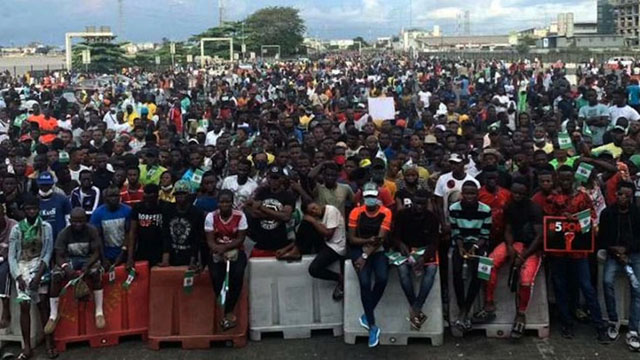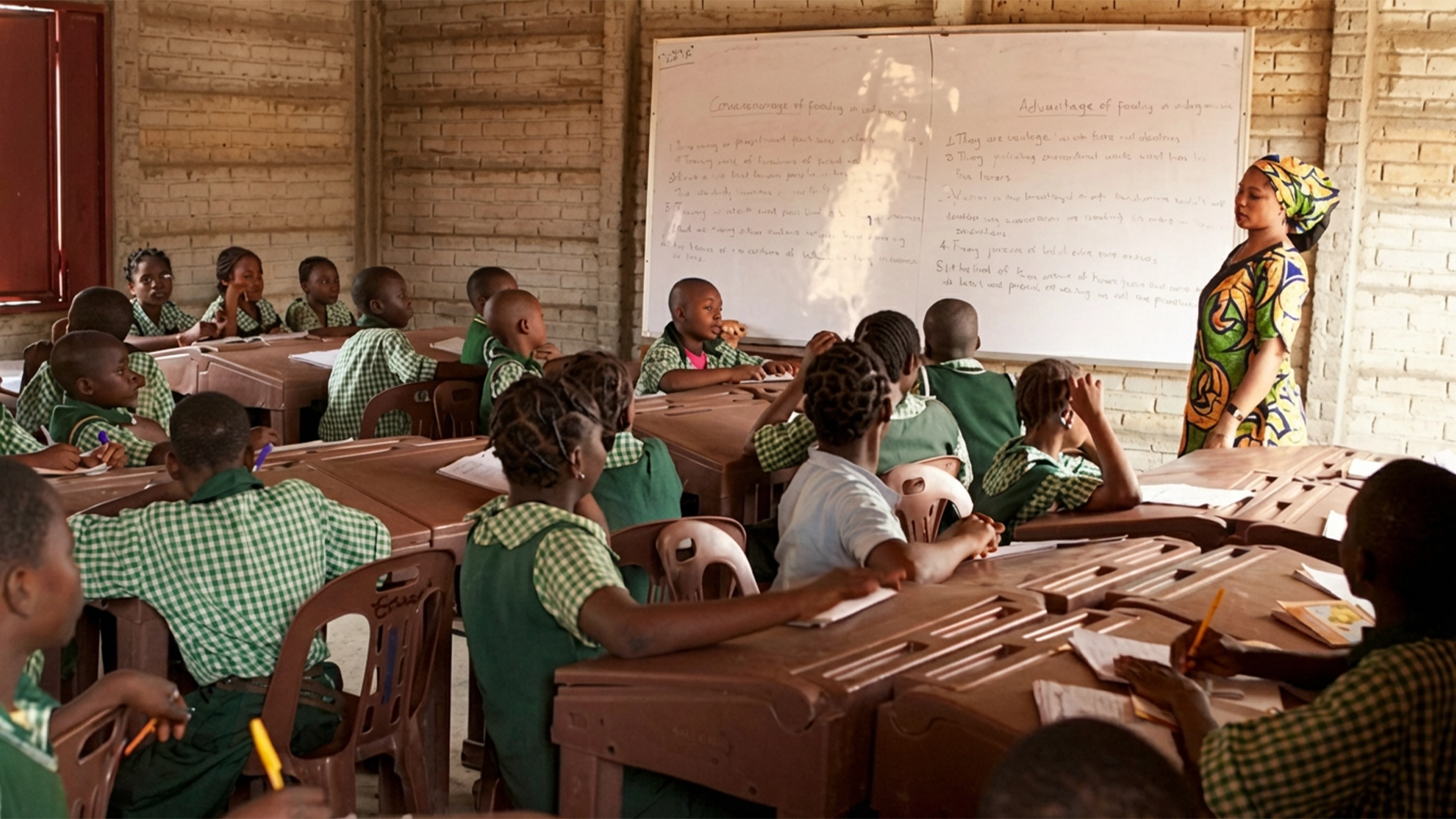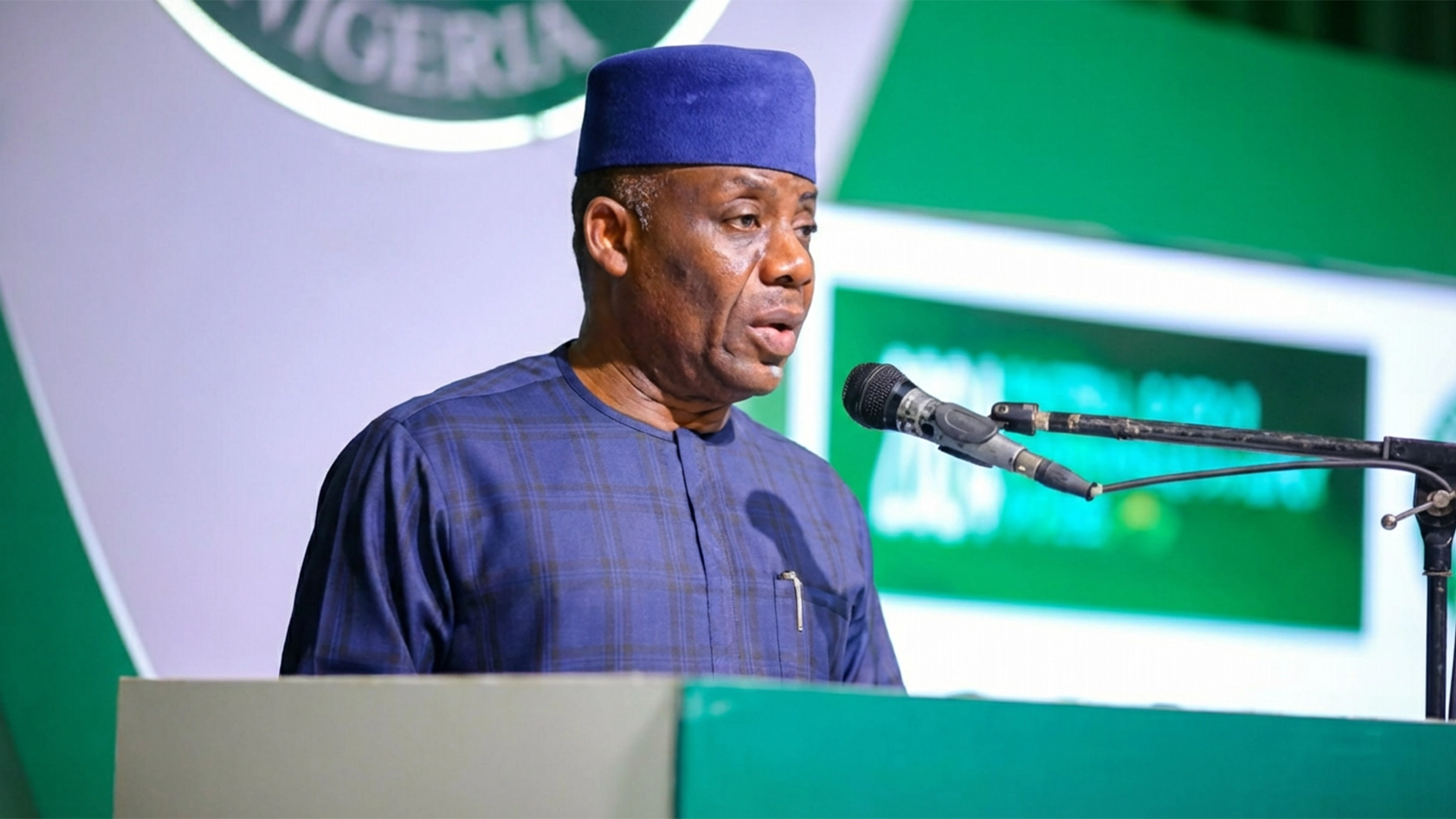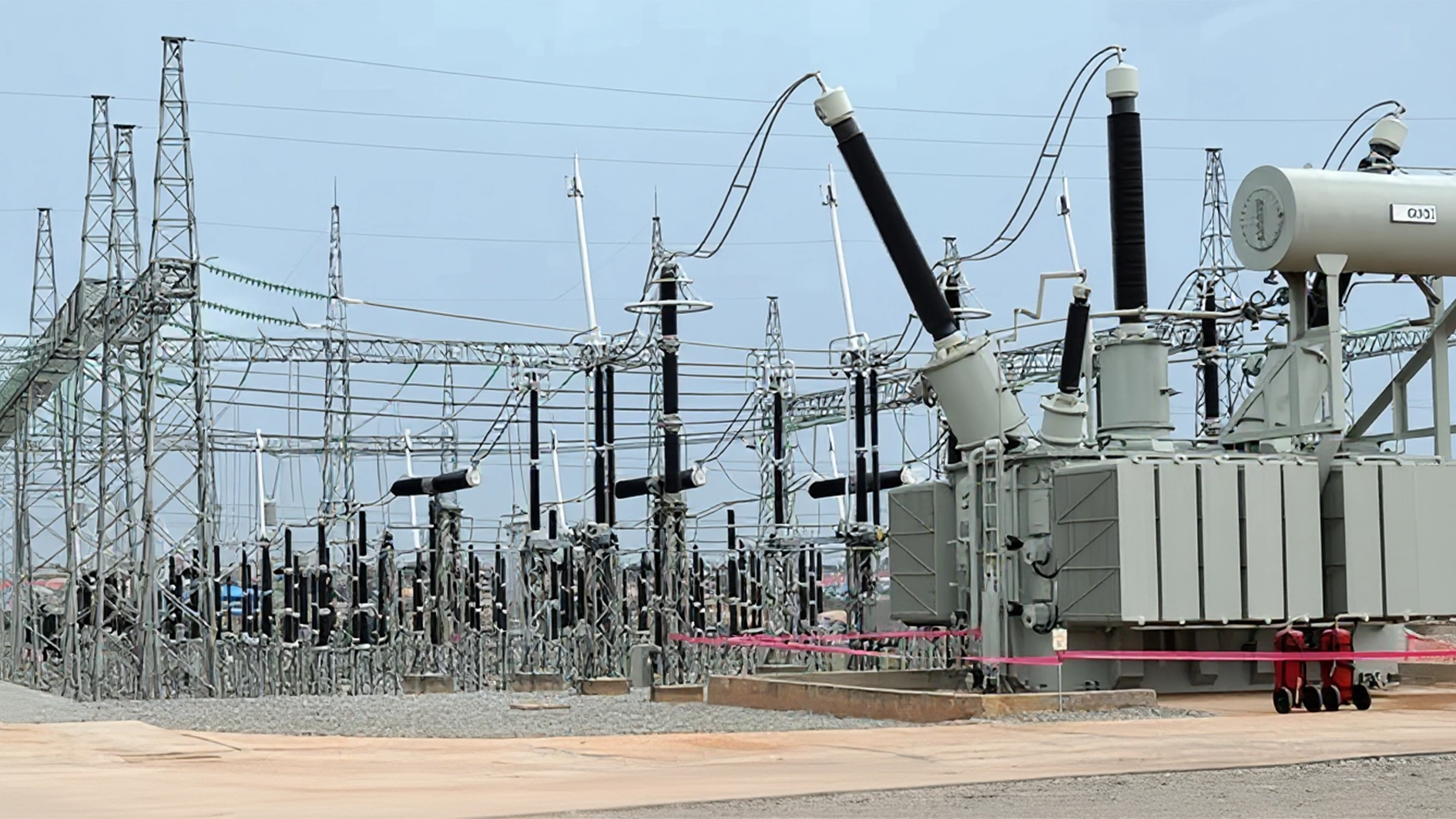
The blame game between the Federal Government and its perceived enemies over the role of the media recently may have subsided. But Nigeria is nonetheless still in the throes of anarchy, posed, this time not by angry youths, but by insurgents operating seamlessly, and without opposition in virtually all parts of the North. Minister of Information, Alhaji Lai Mohammed, who has championed the game for government in the aftermath of the #EndSARS campaign should take home some of the emerging lessons, as he inevitably will still need to address the many challenges of government.
In particular, the minister may come into loggerheads with the media in the performance of their constitutional duties, which invariably will infringe on the minister’s role to polish government’s image, even when this is irredeemably tainted. Rather than trade accusations to intimidate the media, as he did against the CNN; or to antagonise freedom of expression, reflected in his threat against the social media, the minster should learn to appreciate, even aid the media in ensuring good governance for public good.
Being a government spokesman in this clime is not an easy task but wielding a non-existent power over other players in the information firmament is not an option. The people need the media to keep the government on its toes by ensuring accountability of government to the people as enshrined in the Constitution (Section 22) of the Federal Republic of Nigeria. It is a bounden duty on the media.
As attested to by scholars and other commentators, the media must uncover what the government wants to cover up. That is the natural order of the relationship between government and the media. Any government that attempts to treat the media as an appendage of governmental institutions is making a serious mistake. Of course, the media are also guided by ethical codes and professional requirements, which must be adhered to. That social responsibility must not be shirked and where there are mistakes, the media must retract, apologise and publish a rebuttal.
Following the constantly changing narratives by the Nigerian Army and other government officials on their actual roles in Lekki Toll Gate shootings on October 20, this year, the U.S. based Cable News Network (CNN) did an investigative report that clearly exposed what the Army and government officials would have the public believe on the incident. Rather than shedding more light and coming out clean on the issue, Mohammed threatened the CNN and the celebrity Disc Jockey that streamed the incident live, DJ Switch, with sanctions for allegedly peddling fake news. This is coming on the heels of the minister’s verbal attack on the mainstream media in general and the social media in particular. He has not hidden his desire to gag the local press through sanctions and promotion of some legal instruments to stifle freedom of expression and of the press.
But his attempt to extend this hostile posture to the international media is an embarrassment to the Nigerian nation and a major gaffe showing scant understanding of the workings of the media even in global context. If the minister did, he wouldn’t be baying at the moon. The minister needs to be reminded that in this age of digital media and the convergence of information and communication technologies, attempts by government to gag the press would be a futile exercise. This is an age where it is better to come out clean in official dealings including apologising where necessary rather than digging in on a bad case.
The government narrative was flawed from beginning till the present. The Nigerian Army first denied being at the Lekki Toll Gate only to admit days later that they were there but did not shoot at protesters. Then they claimed they shot blank bullets to the air to disperse protesters but when video clippings and other media evidences could not be flawed, they changed the story by admitting that they actually went there with live ammunitions, too. At a stage, Abubakar Malami, Attorney General and Minister of Justice claimed that it was not the Army that shot at the protesters but hoodlums wearing Army uniforms. Earlier, Babajide Sanwo-Olu, governor of Lagos State, denied inviting soldiers and blamed forces above him for the presence of the Army, a claim bitterly disputed by the Army when they said they were there at the invitation of the governor. The governor was to admit later that he invited them to enforce curfew, but not to shoot at protesters. What could have triggered this house of commotion at this time?
Amidst this topsy-turvy narrative, all the minister needed to do was to clear the muddle and piece together a sincere narrative for the government he serves but he chose to go after the messengers while ignoring the real message. It must seem strange to the international community that listened to his threat further denting the not too positive image of Nigeria in the international arena.
Curiously, the threat was against an institution in the United States of America known for its liberal disposition to the press and peaceful protest. A nation that has the landmark First Amendment to its Constitution that says, “Congress shall make no law…abridging the freedom of speech, or of the press; or the right of the people peaceably to assemble, and to petition the government for a redress of grievances.”
The minister should learn to adhere to international principles and instruments and the stark reality of an information and communication ecology that has changed irretrievably. Our public officers and duty bearers should realise that in journalism, facts are sacred, only opinion is free. Good governance, we must emphasise, in the main, is the greatest asset for cultivating positive media portrayal and not threat.






